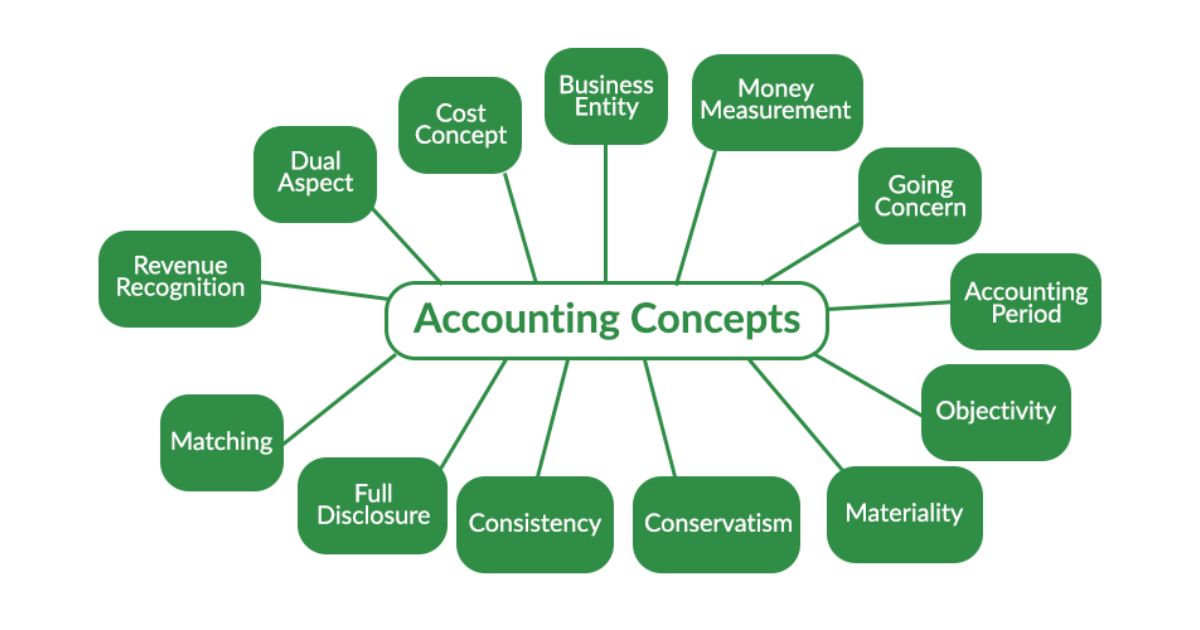Welcome to the ultimate guide to understanding and mastering your business course answer key. In this comprehensive article, we will delve deep into the key concepts, strategies, and insights that will help you navigate the challenging world of business education.
You are a student, an aspiring entrepreneur, or simply curious about the inner workings of the business world, this guide will provide you with the knowledge and tools you need to succeed.
The Purpose of Accounting
Accounting is the foundation of any business. Its primary purpose is to provide information to decision-makers so that they can make informed decisions. It does this by providing information to investors, lenders and business owners so that they can evaluate a company’s financial health and performance.
Technology has changed the accounting industry, making recordkeeping less time-consuming, labor-intensive and costly. However, skilled accounting professionals are still needed to create accounting systems, analyze intricate transactions and interpret reports.
Users and Uses of Accounting Information
Accounting information is used by various external users for a variety of purposes. For instance, lenders use financial statements to evaluate the risk and return on loans. Shareholders review financial reports to decide whether to sell, buy, or hold shares. Directors review financial performance to manage their interests in the company.
Employees review financial performance to assess the fairness of wages. Labor unions review financial performance to evaluate future job prospects. Regulators review financial statements to determine compliance with regulations.
Accounting data is used by business owners and managers to answer important questions about their companies. They want to know what resources their company has, what debts it has, how much revenue it makes, and if expenses are proportional to the sales volume. They also need to collect customer accounts as quickly as possible.
Types of Business Organizations
There are several types of business organizations. Each type has its own legal, tax, continuity, ownership, and status implications. The three fundamental types of business organizations are a sole proprietorship, a partnership, and a corporation.
Sole proprietorships have unlimited liability, which means the owner’s personal property is at risk. Partnerships have limited liability, which protects the personal property of the partner’s shareholders.
The Internal Role of Accounting
Accounting is an integral part of any organization. It helps internal users to carry out their work more efficiently and effectively. Accounting assists organizations in achieving their overall objectives by making it easier to make decisions, allocate resources, and evaluate performance.
It allows managers to track financial performance, recognize areas of improvement, and take strategic decisions.
Accounting Services and Professions
Accounting professionals provide more than just bookkeeping and financial reports. They also provide auditing services, management consulting, tax planning services, business valuation services, and money management services.
They are essential for keeping financial information accurate and up-to-date. Accounting professionals work in a variety of industries and professions, such as consulting, financial analyst, underwriter, appraiser, and market researcher.
Ethics in Accounting
Ethics is an essential part of the accounting industry. For instance, auditors must follow ethical guidelines to protect their independence and impartiality. They are prohibited from auditing clients where they have direct investment or where their fees depend on the information contained in the client’s reports.
Compliance with ethical standards guarantees the quality and reliability of audit reports and eliminates any doubt about the accuracy of financial data.
Principles and Concepts in Accounting
There are a number of principles and concepts that help you prepare and present your financial statements. For example, the objectivity concept helps you make sure that the information in your financial statements is backed up by independent and impartial evidence.
This makes your financial statements more reliable and trustworthy. The revenue recognition concept helps you determine when to recognize revenue so that it’s recognized when it’s earned and can be measured reliably.
The Accounting Equation
The accounting equation describes the relationship between assets, liabilities and equity of a company. Assets are resources that a company owns or controls, while liabilities are commitments to deliver assets, products or services.
Equity is the owner’s claim on assets, and is equal to the assets minus the liabilities. The equation must always be balanced, with assets being equal to the liabilities plus equity.
Financial Statements
Financial statements are a way of presenting financial information to third parties. There are three main types of financial statements. The balance sheet is a summary of a company’s financial situation at a particular point in time. It shows the assets, liabilities and equity of the company.
The income statement is a summary of the company’s revenues, expenses and net income for a particular period. The statement of cash flow is a description of the sources of cash and its uses during a particular period.
Analyzing Financial Statements
Financial analysis is the process of looking at a company’s financial statements. It’s one of the most important skills to have if you want to understand the financial health of a company and its performance. There are many different types of ratio analysis. Liquidity is a measure of how much a company can afford to pay its bills in a short period of time.
Profitability is an assessment of how much money a company can make in a given period of time. Solvency is an indicator of how financially sound a company is in the long run. Efficiency is an evaluation of how efficiently a company uses its resources.
Features of my Business Course Answer Key
FAQ’s
Is there an app for My Business Course?
Depending on the educational platform or the institution offering the My Business Course course, the app may or may not be available. Check with your course provider or your institution. Many educational programs now have dedicated apps for easy learning.
How can I learn My Business?
Business learning is a multi-faceted process. You can begin by taking a business course online or at an educational institution. You can also read business books, attend business seminars, and get hands-on experience with internships or projects.
How do I start a business study?
- Define Your Goals: Clearly outline what aspects of business you want to study.
- Choose a Study Path: Decide whether you want to pursue a formal education, such as a degree or certificate, or opt for self-paced online courses.
- Select Resources: Identify textbooks, online courses, or other learning materials that align with your study goals.
- Engage in Practical Learning: Apply theoretical knowledge through internships, case studies, or real-world business projects.
- Stay Informed: Keep up with industry trends, business news, and emerging technologies to stay informed and relevant in your studies.
Conclusion
Mastering your business course answer key is not just about passing exams; it’s about gaining a deeper understanding of the principles and practices that drive successful businesses. By embracing the concepts discussed in this guide, you will be equipped with the knowledge and skills needed to make informed decisions, analyze financial statements, and navigate the complex world of accounting.
Remember, the key to success lies in continuous learning, adaptability, and a passion for exploring the ever-evolving landscape of the business world













